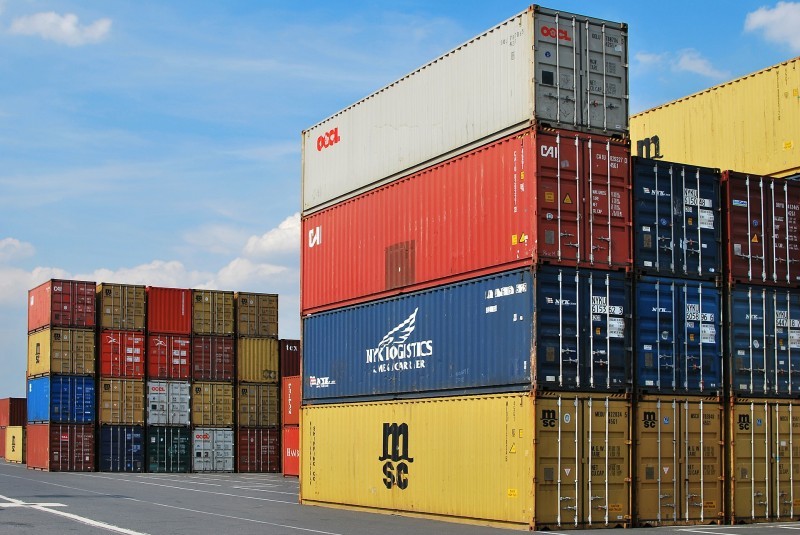Morocco’s trade deficit continued to surge at the end of August 2022, reaching its highest level in over three decades at MAD 77 billion ($7 billion), due to rising energy and wheat prices.
Trade deficit or trade balance measures the difference between the monetary value of imports and exports. Ideally, the monetary value of imports should equal that of exports. In reality, few countries are able to achieve this and they typically resort to their foreign currency reserves to cover the difference, negatively impacting state reserves.
Over the first eight months of 2022, Morocco’s energy bill reached a staggering MAD 103 billion ($9.4 billion), more than twice its value a year ago – in August 2021, the country’s energy bill stood at MAD 45 billion ($4 billion).
The drastic rise in the country’s energy bill does not reflect increased demand, as the latter only rose by 11.5%, according to a report from the Exchange Office, Morocco’s foreign trade watchdog.
ALSO READ: Spanish Lenium to Launch Green Water Capture Project in Morocco
Morocco imports around 90% of its energy needs, making it especially vulnerable to fluctuating energy prices. After noting a slight recovery in recent months, oil prices are expected to rise again as the Organization of Petroleum Exporting Countries (OPEC) announced yesterday that it is considering cutting production by as much as one million barrels a day.
The news pushed oil prices to $88 a barrel, and should OPEC move through with the decision, oil prices will most likely swell to over $100 a barrel for the first time since the February Russian invasion of Ukraine.
Additionally, Morocco’s wheat imports rose in value and in quantity to compensate for this year’s severe drought episode that plunged Morocco’s cereal production by almost 70%.
At the end of August, wheat imports totaled MAD 18.8 billion ($1.7 billion), up from MAD 9.2 billion ($842 million) a year earlier.
Wheat and other grains also saw a rise in price this year due to the Russia-Ukraine conflict, as those countries accounted for almost a third of the world’s wheat exports.
SOURCE: Morocco news

